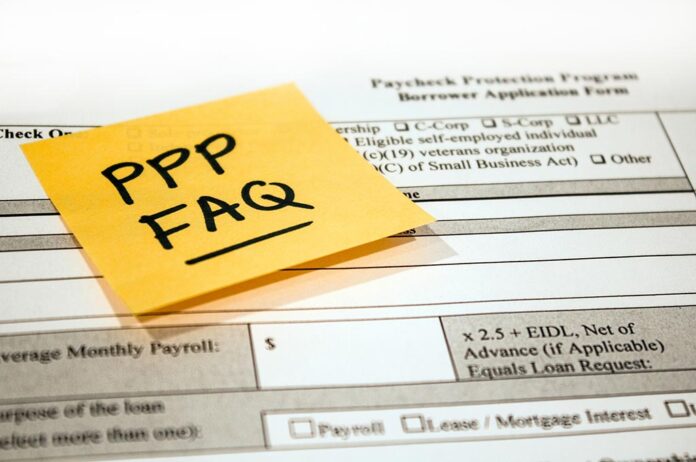If you are a small business owner, here is what you need to know about the 2021 Paycheck Protection Program (PPP):
Which lenders accept PPP applications?
Any SBA approved lender including:
- Any federally insured depository institution (in English, a bank)
- Any federally insured credit union
- Any participating Farm Credit System institution.
What is the maximum interest rate and maximum term?
4% and 10 years
Can payments be deferred?
Yes—from six months to 1 year.
Who is eligible to apply?
You are eligible if your business is an entity having not more than 500 employees AND operating before Feb. 15, 2020:
- A corporation or LLC
- A non-profit 501 (c) 3
- A non-profit 501 (c) 6
- A private non-profit
- A faith-based organization
- A tribal organization
- A veterans’ organization
- A sole proprietor
- An independent contractor or a self-employed individual who files a Schedule C with your tax return.
If you are self-employed and furloughed, it may be easier to get unemployment—which you do not have to pay back.
Who is NOT eligible?
- Any company stable enough to obtain financing elsewhere.
- Any business engaged in sex, gambling, or illegal activities
- Anyone 60 days delinquent on child support
- Farms and ranches
- Lobbyists
- Hedge funds, private equity firms, and most public companies
- Any company in bankruptcy.
Do I need perfect credit?
The SBA asked lenders to relax their requirements so that as many people as possible could qualify.
As the business owner, is my compensation forgiven?
Yes, if your compensation is under $100,000 per year, if you are on payroll, and if the business issues you a W-2.
Which business expenses are forgiven under the PPP?
These expenses incurred between Feb. 15 and June 30. 2021:
- Compensation (e.g., salary, wage, commission, and payments of cash tips)
- State and local payroll taxes
- Group health insurance
- Payment for vacation and/or leave (parental, family, medical, or sick leave)
- Mortgage or rent
- Utilities and other expenses
- Retirement.
What records should I keep for forgiveness?
- Quarterly payroll tax returns (federal and state)
- Payroll registers
- Accounting records
- Invoices, proof of payment statements, and receipts for rent, mortgage, and utilities.
Will I pay taxes on the forgiven amounts of the PPP?
No.




















